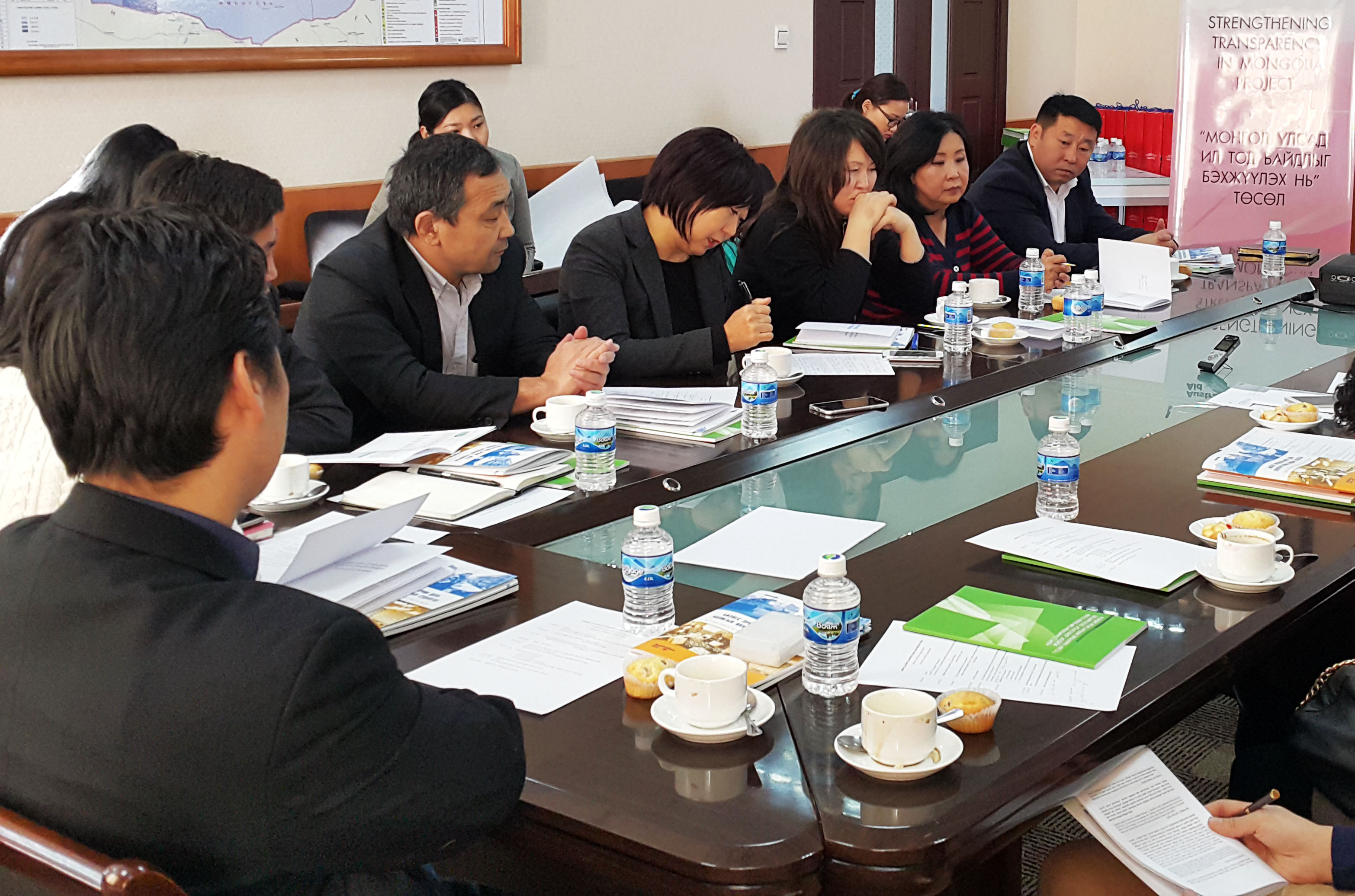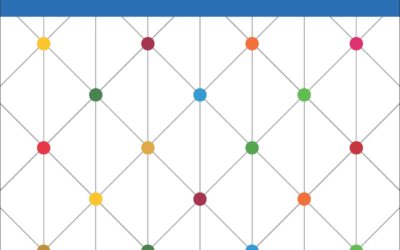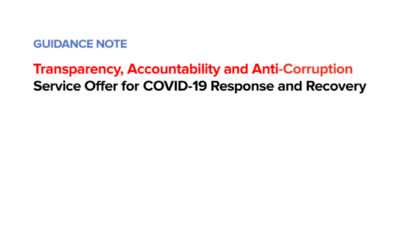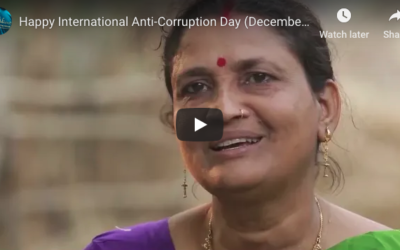
Ulaanbaatar, Mongolia – Construction companies face corruption risks throughout all steps of construction from submission of building permit requests until the State Committee endorses that building meets all technical requirements and standards. Corruption costs affect both small and large construction companies alike, and as a result increases the price paid by consumers. So, what are specific corruption risks at each of these stages and how can we address them? This was the main theme of the discussion held at the Chamber of Commerce and Industry of Mongolia on 23 November 2015 among construction companies, professional associations, and relevant government agencies.
The discussion was heated and frank, and revealed serious corruption risks and implications.The government entity granting building permits does not take any accountability for damages caused by licensed construction companies. In other words, no one checks if the construction company in question had necessary technical capacity in the first place. When buildings are found to be sub-standard, there is no accountability provision for construction inspectors, who originally signed that the building was fit for use. Lately, instead of asking for bribe money, there have been demands to own shares of construction companies in exchange for different types of permits.
Ms. Bat-otgon, Director of Prevention and Public Awareness, Independent Authority Against Corruption, noted, “Corruption was regarded as mostly related to public sector, but increasingly this is also true for the private sector”. Indeed, investors and owners of construction companies find that it is quite common among mid-level managers to earn money by obtaining discounted construction material, but charging non-discounted prices in formal contracts.
Finally, construction companies emphasized the importance of engaging them in development of various construction related codes and regulations.
The discussion was organized jointly by the Chamber of Commerce and Industry of Mongolia, the Independent Authority Against Corruption, and UNDP, as part of the 2015 International Anticorruption Day campaign.





